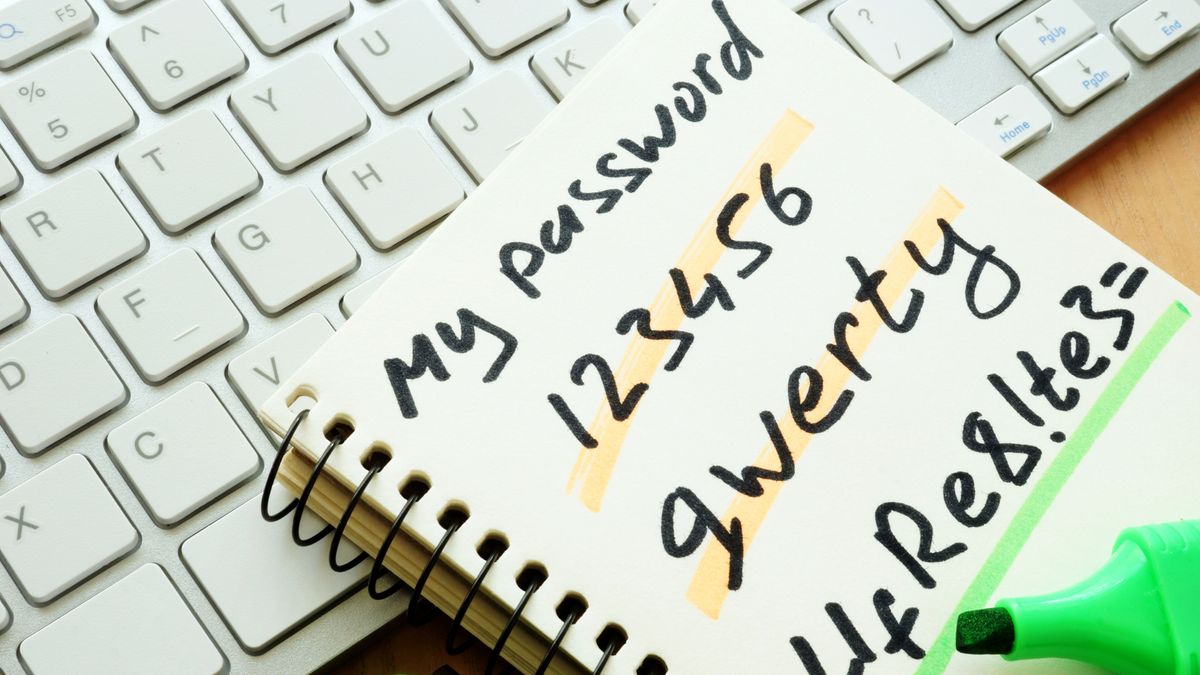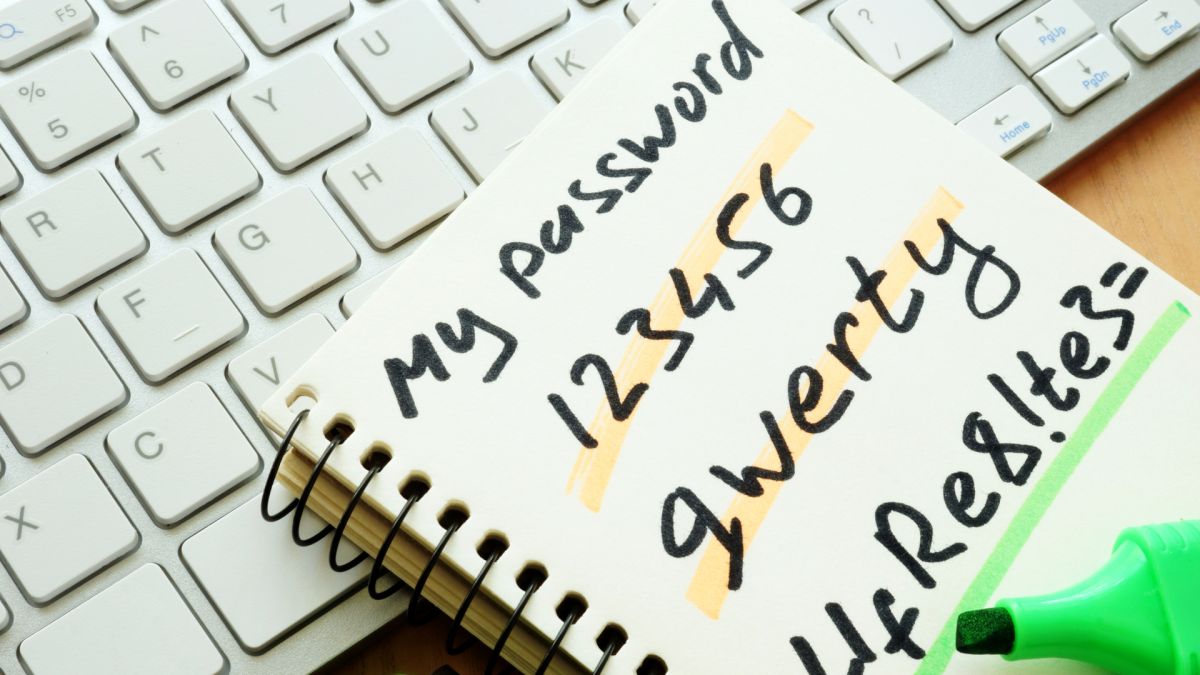
As the number of accounts needed for all of the online services we use every day has skyrocketed in recent years, password reuse continues to remain a huge problem for both consumers and businesses according to a new report from SpyCloud.
The cybersecurity firm’s new 2022 Annual Identity Exposure Report sheds light on how users still continue to reuse passwords across multiple online accounts as opposed to using a password generator or even a password manager to create strong, unique passwords for each of the online services they use.
Over the course of last year, SpyCloud says it recaptured over 15bn credentials and personally identifiable information (PII) from cybercriminals which is a 200 percent increase from the assets it recaptured in 2020. With this information in hand, cybercriminals can commit identity theft and other types of fraud that impact both businesses and consumers alike.
To make matters worse, many of the credentials recovered by SpyCloud had previously been exposed in past data breaches and leaks.
Bad passwords
Despite an increase in knowledge about password hygiene, users continue to pick bad passwords that are incredibly easy to guess such as “123456”, “qwerty”, “admin” and “password”. SpyCloud also found that more people are basing their passwords off of content from streaming services like Netflix and Disney+ with Loki, Falcon and Wanda being the top pop-culture-themed reused passwords.
Of the passwords it recovered from publicly available data breaches and leaks in 2021 and from previous years, 64 percent are still being used across multiple accounts. SpyCloud also found that 70 percent of users whose credentials were part of a data breach or leak are still reusing the same exposed passwords.
Even if you don’t want to upgrade to premium password manager, these days you can use a browser like Google Chrome to create new, strong passwords for you and store them securely. With your credentials stored in Chrome, you can access and use them to log in to your online accounts on other devices such as your Android smartphone.
As the number of online accounts required in our digital lives doesn’t seem to be decreasing anytime soon, the responsibility of creating, remembering and securely storing all of your unique passwords falls on users themselves especially if they don’t want to fall victim to identity theft or fraud.
Via ZDNet
